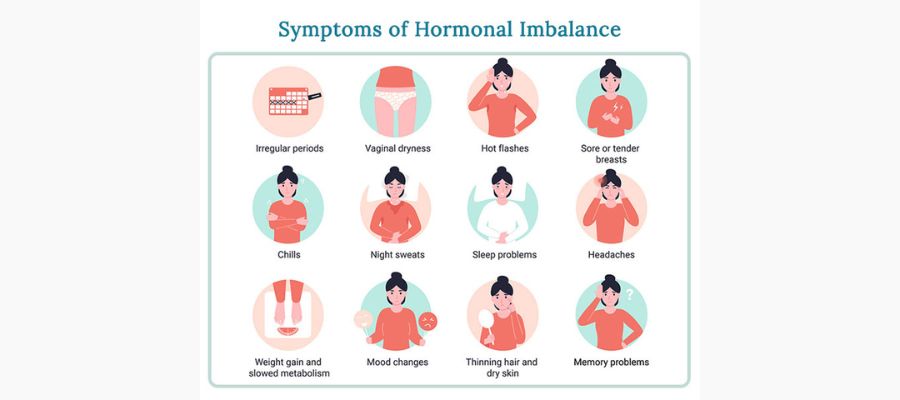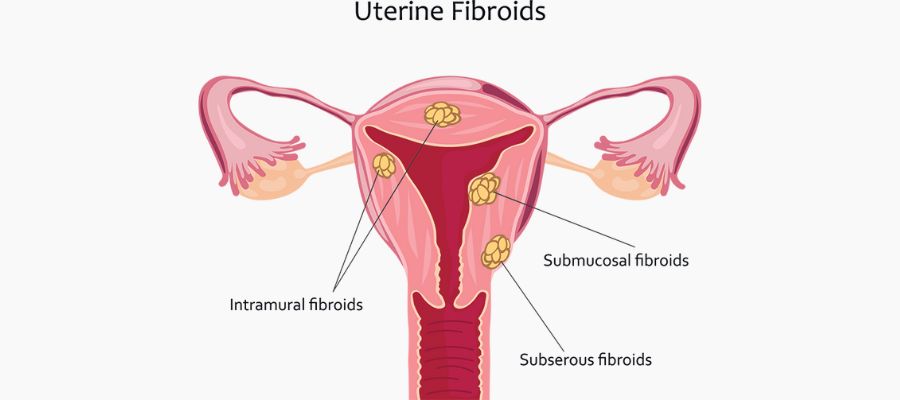
What is constipation?
Constipation is a common ailment characterised by infrequent or hard pellet faeces, as well as difficulty emptying them. If left untreated, it can be a very painful condition with a range of health repercussions.
Due to digestive gut issues, toxins (ama) can build up in the body's pathways. Gut health refers to the overall health of the digestive system as well as the balance of microorganisms that dwell there. Increased sugar cravings, sporadic bowel movements, disrupted sleeping habits, skin problems, and mental issues are all signs that the gut isn't functioning properly.
Constipation as per Ayurveda
Constipation is a condition that is similar to Vibandha in Ayurveda. Vibandha, also known as Badha-purisha, is a sroto dushti or toxification of bodily channels involved in the purishvaha srotas or digestive tract.
Undigested food, according to Ayurveda, slowly accumulates as a toxin in the stomach and large intestines, impairing Vata Dosha and causing digestive tract obstruction. Constipation occurs when the digestive tract is clogged and the body is unable to facilitate proper bowel movement. Constipation complications can include haemorrhoids, anal fissures, and faecal obstruction. Adults typically have three bowel movements per day to three bowel movements per week. Babies typically have three to four bowel movements per day, whereas young children have two to three per day.
Related causes as per Ayurveda
Today's lifestyle and eating habits have a significant impact on bowel abnormalities such as constipation; for example,
- The practice of rising late in the morning has a significant impact.
- The habit of suppressing the desire to pass stools for long periods.
- Consuming fried, junk, and quick food while avoiding foods high in roughage.
- Drinking insufficient quantities of water.
- Worm infestation, like a roundworm and pinworm, unhealthy yeast infections, ex. Candida yeast.
- Prescription medicines (antacids, anti-histamines, anti-psychotic drugs, aspirin, beta-blockers,anti-hypertensive drugs, iron and calcium supplements, diuretics, calcium channel blockers etc.)
- As a result of Diseases (hypothyroidism, anal fissure, chronic renal failure, colon or rectal cancer, hypercalcaemia e.t.c.).
- Self-medication or laxative abuse with laxatives to relieve constipation. This is not a smart habit, especially if they are used on a regular basis over an extended period of time.
Symptoms / Common signs of constipation
Constipation can cause the following signs and symptoms.
- Stools that are hard to pass
- Straining during stool passage
- Headache
- Malaise
- A feeling of an unfinished evacuation of stools
- A fewer bowel movements
- Solidified hard stools
- Painful defecation and feeling of bloating
- Abdominal discomfort, or incomplete elimination
- Solidified hard stools.
Treatment as per Ayurveda
Rather than using drugs, the long-term solution for constipation is to correct the imbalance that caused the problem in the first place. Constipation is annoying, but it is frequently preventable. Here are some steps you can take to become a healthier, more conscious version of yourself. Constipation can be managed with a combination of herbal remedies and lifestyle changes, such as a healthy diet.
Constipation can be a sign of a number of gastrointestinal and other medical conditions. Constipation is easier to avoid than to treat. Ayurveda follows the below-mentioned protocol to deal with constipation from its root cause;
- Nidana parivarjan (avoidance of aetiological factors) Avoid incompatible diets, irregular eating patterns, a low-fibre diet, stress, and dehydration.
- Shodhana chikitsa (Bio-cleansing treatments) be followed by Shamana chikitsa (Palliative therapy done with the usage of single herbs or combination ).
Ayurveda treatment for constipation includes a combination of diet, lifestyle changes, and herbal supplements. Ayurveda is a safe and effective treatment for constipation, and it can be used in combination with other medical treatments. If you are interested in trying Ayurveda for constipation, please connect with the Ayushastra team.
Diet as per Ayurveda
Constipation is one condition that can be effectively treated with an Ayurvedic diet. The goal of an Ayurvedic diet for constipation is to promote regular bowel movements and to soothe the digestive system. There are a few key dietary recommendations for an Ayurvedic diet for constipation, which include;
- Wheat, green gram, garlic, old rice, seasonal fruits, hinga, high-fibre diet, grapes, amla, harad, long pepper and dry ginger, green leafy vegetables, and lukewarm water are all recommended.
- Consumption of a high-fibre, light, and easy-to-digest diet.
- Maintain a well-balanced diet that emphasises fruits, green leafy vegetables, and other fibre-rich foods.
- Avoid incompatible food combinations, heavy, unwholesome eating habits, as well as a bakery and preserved foods.
Natural ways to control constipation
- Drink lukewarm water
- Have a glass of warm water first thing in the morning. This helps in gastro-colic reflex and results in healthy bowel evacuation.
- Non-suppression of natural urges
- Avoid suppressing natural urges, like passing urine, or stools, sleeping etc, drinking too much tea or coffee and smoking.
- Figs are amazing for gut
- Dried figs are a nutritional powerhouse, including high levels of fibre and natural sugar, which assist in regular and healthy stool passing and speeding up bowel motions due to their laxative impact.
- Triphala: The wonder combo
- Triphala is renowned for its capacity to gently cleanse, nourish, and detoxify the gastrointestinal tract. ½ tsp Triphala Powder in a cup of hot water for 10 minutes, then cool and consume.
- Sip buttermilk to heal the gut
- Takra or buttermilk seasoned with spices like coriander, cumin powder, black pepper, and Himalayan rock salt is the greatest natural probiotic to have in your diet. Buttermilk cleanses the body and intestines, reduces constipation, and aids in the replenishment of intestinal flora.
- Don’t compromise with sleep
- Sleep is necessary for the treatment of any illness since it rejuvenates the body and balances the doshas.
Herbs to control constipation
Ayurvedic formulations containing herbs such as Amalaki, haritaki, Isabgol, sonmukhi, aragwadh, castor oil, and patola can help with constipation. Spices that balance digestion, such as asafoetida (Hing), ginger (Adraka), cardamom (Elayachi), or fennel (Saunf), should be taken with food to relieve and promote gas movement.
Yoga to control constipation
Physical activity is required for the body's metabolism to improve. Bhujangasana (Cobra Pose), Trikonasana (Triangle Pose), Viparita Karani (Upside Down Pose), Pavanamuktasana (Wind Relieving Pose), Shalabasana (Locust Pose), and Ardhamatsyendrasana (Half Spine Twist Pose) and Ardhamatsyendrasana (Half Spine Twist Pose
Conclusion
One of the most common physical problems that can be caused by an imbalance in the mind-body connection is constipation. According to Ayurveda, constipation is often caused by stress and anxiety. When we are stressed, our body goes into fight-or-flight mode, which can lead to a decrease in digestive function.
In conclusion, Ayurveda treatment is the best way to treat constipation. The Ayurvedic approach to constipation is holistic and takes into account the mind, body, and spirit. Ayurvedic practitioners use a variety of techniques to treat constipation, including dietary changes, herbs, and massage. If you are interested in trying Ayurveda for constipation, connect with the Ayushastra team.










